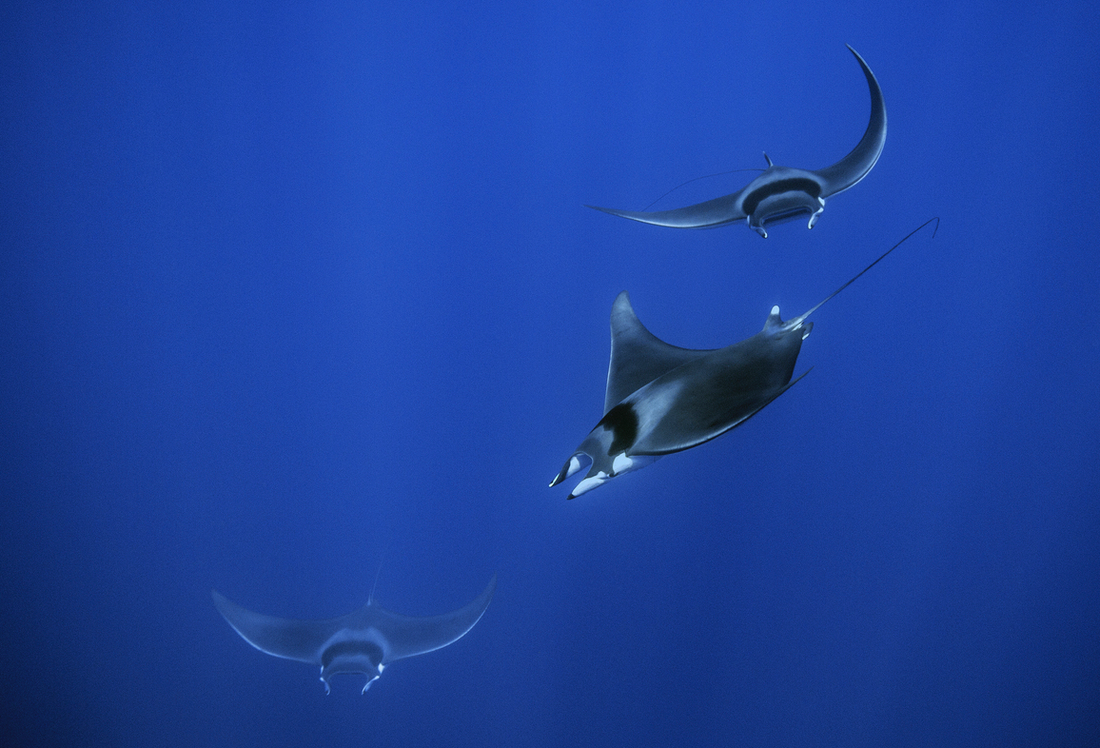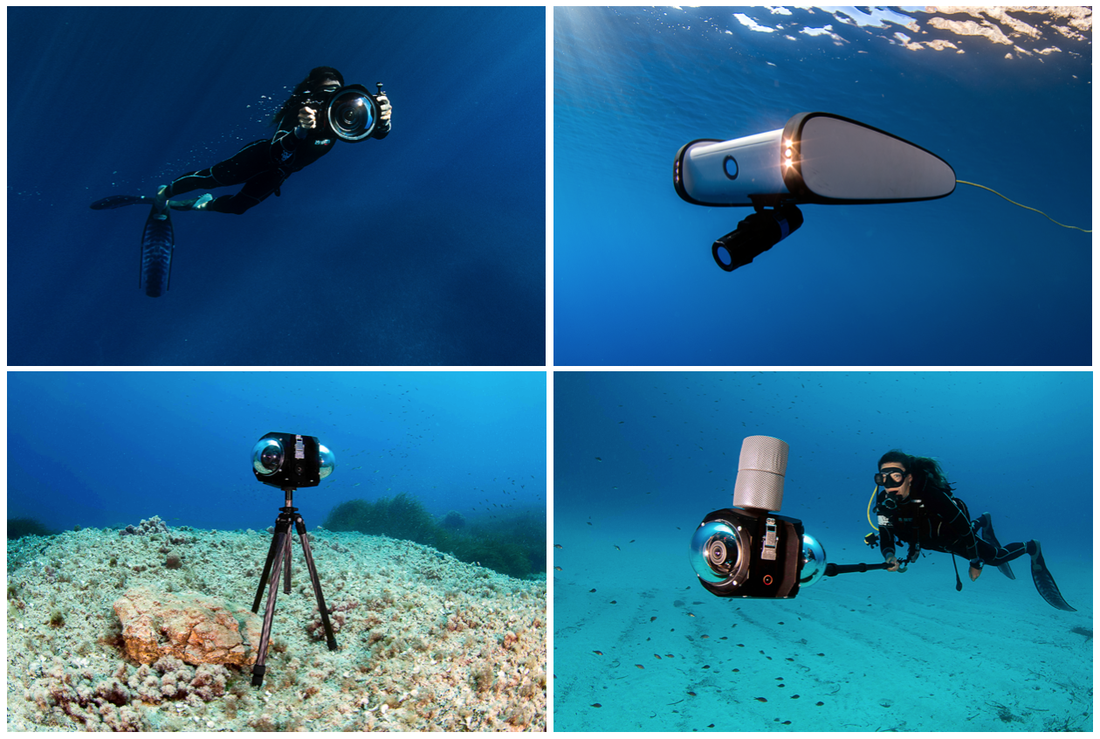Scientific research
Save The Med's research programmes aim to increase the current knowledge of potentially vulnerable species in the Mediterranean in order to protect them and their habitats.
Save The Med's research programmes aim to increase the current knowledge of potentially vulnerable species in the Mediterranean in order to protect them and their habitats.
The Spinetail devil ray (Mobula mobular) is classified by the International Union for Conservation of Nature (IUCN) as endangered in the Mediterranean. As a result of the knowledge accumulated by Save The Med in recent years about their presence and behaviour in the Balearic Sea, we have launched a new research project which could constitute a key element for the development of a conservation strategy of elasmobranchs.
There is little information on the biology and ecology of the species in the Mediterranean. However, thanks to telemetry tracking techniques (satellite tags) and the increase in sighting capacity, work is being done to fill existing data gaps. With the Balearic Sea being an optimal area for the research of the species, this project will allow us to deepen our knowledge of these mysterious animals.
The main objectives of the project are: to examine the migration patterns and vertical movements of the species, collect DNA samples to characterise the Mediterranean population, document their reproductive behaviour and develop risk maps: areas of interaction between mantas and human activities such as fishing, boating or pollution.
The information obtained during the project is crucial for the design of an appropriate conservation strategy for the species which will contribute to the regeneration of the Mediterranean. Another priority objective is to obtain an image bank and share the beauty of these majestic animals in order to raise awareness about the importance of conserving our natural heritage.

Save The Med is working together with Govern de les Illes Balears, Marilles Foundation, Palma Aquarium Foundation, Petites Illes del Mediterrani, Mallorca Preservation Fund, Centre de visitants del Parque Nacional de Cabrera and local fishermen on a new pilot project called “Petits taurons. Acció Stellaris.”
This species conservation project focuses on the nursehound (Scyliorhinus stellaris), a small shark species which is classified as at risk of extinction in the “Llibre Vermell dels Peixos de les Balears” (the Red Book of Fish of the Balearics) and is protected in the marine reserves of the Balearic Islands.
This long term project, with a minimum duration of three years, aims to help the Balearic nursehound population to recover through:
1) An environmental education programme to educate about the threats to and ecological importance of sharks in the Balearic sea and to involve the Balearic fishing sector in the implementation of the project and the conservation of the species.
2) The breeding of nursehound sharks in a controlled, artificial environment and the subsequent release of the offspring in different areas of the Balearic Sea, including Cabrera, Formentera and the Menorca channel.
The participation of professional fishermen and the fisheries associations is essential for the success of the project, whose longterm objective is to replicate the initiative to protect other threatened sharks in the Balearic sea.

All our projects include an multimedia aspect, where obtained footage is used in the development of engaging education and outreach materials that help bridge the gap between science and local communities.
